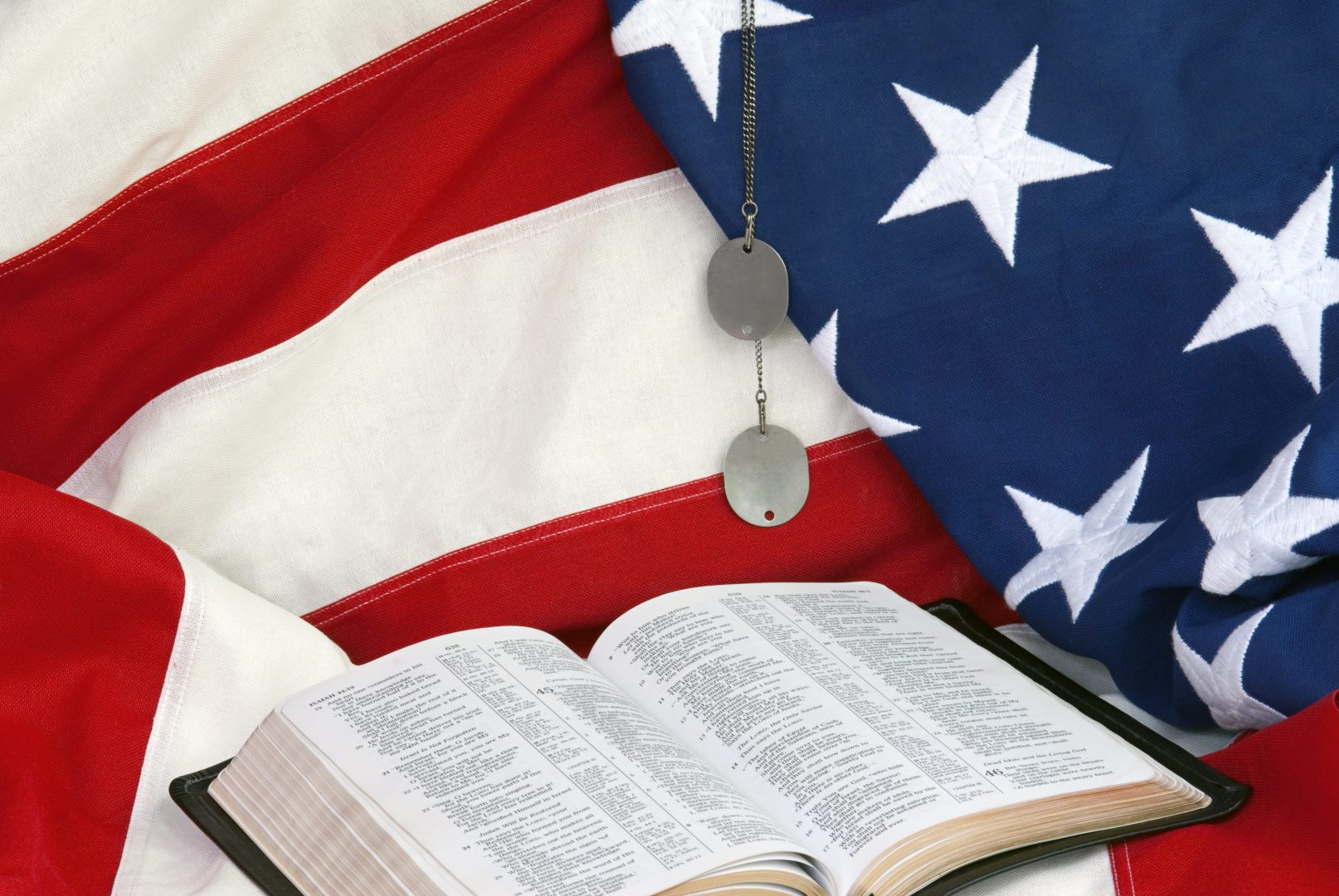


Get a free copy of Parental Rights & Education when you subscribe to our newsletter!

“If we value faith-based organizations’ contributions to building and sustaining our communities, our state laws should encourage, not hinder, these organizations. In the Faith and Freedom Index, we explain what needs to change and how.”
–MARY MARGARET BEECHER, NAPA LEGAL INSTITUTE
Napa Legal Institute has released its first-ever Faith and Freedom Index, a report ranking all 50 states and Washington D.C. based on their friendliness towards accommodating religious nonprofit organizations.
Napa Legal is an organization that provides “corporate, tax, philanthropic, and other strategic education” to “equip nonprofits with the tools and resources they need so they can protect their organizations and achieve their missions.”
Its Faith and Freedom Index, released on Wednesday, evaluates states on factors affecting a religious non-profit’s ability to perform their functions according to its religious beliefs.
The report is broken down into two separate scores: religious freedom and regulatory freedom.
The religious freedom category contains six areas on which states are evaluated: state constitutional protection of free exercise; whether the state has a Religious Freedom Restoration Act; religious freedom for non-profits with public programming; religious freedom for faith-based employers; protections for religious exercise during a state of emergency: and state Blaine amendments.
Blaine amendments prohibit religious institutions from receiving state funds due to their religious identity. These amendments are no longer active because of precedent set by the Supreme Court in cases like Espinoza v. Montana Department of Revenue, Carson v. Makin, and Trinity Lutheran v. Comer, but Napa warns that “leaving Blaine amendments ‘on the books’ poses a continued threat to faith-based organizations should courts narrow or overrule the current Supreme Court interpretation of these matters in the future.”
The regulatory freedom category contains eight areas on which states are evaluated, including corporate law factors; standards of conduct for directors; charitable fundraising factors; charitable registration law; audit requirements pursuant to charitable registration; and various types of tax factors.
The report granted greater weight to religious freedom categories than to regulatory categories.
Napa Legal Executive Director Mary Margaret Beecher said in a statement,
“The work of faith-based nonprofits matters, which means that states’ friendliness to these nonprofits also matters. Faith-based nonprofits face threats to their religious freedom and the often-crushing weight of regulatory burdens. If we value faith-based organizations’ contributions to building and sustaining our communities, our state laws should encourage, not hinder, these organizations. In the Faith and Freedom Index, we explain what needs to change and how.”
The only state to receive a “green” rating, the highest, in religious freedom was Alabama which received a rating of 86 percent. Texas rated second at 70 percent. With a regulatory freedom score of 57 percent and an overall score of 75 percent, Alabama was the top state for religious nonprofits. “Alabama has several policies that facilitate the contributions of faith-based nonprofits, including strong constitutional protections for free exercise of religion, a state constitutional amendment requiring government burdens on religious exercise to satisfy strict scrutiny, and an automatic income tax exemption for organizations with federal 501(c)(3) status,” said the report.
Texas rated second at 70 percent.
Nevada had the lowest religious freedom score at 18 percent with Maryland ranking second worst at 20 percent. Nevada has “several policies that are burdensome to faith-based nonprofits operating in the state, such as a broad Blaine Amendment, no RFRA, and laws regarding public accommodations that include no meaningful exemptions for religious organizations.”
The state with the worst overall score was Michigan which scored 22 percent in religious freedom and 39 percent in regulatory freedom for an overall score of 29 percent.
It is important to note that Napa’s report evaluates state laws and not the state’s cultural positions or administration’s policies. The report explained,
“Government administrations change rapidly, so it is important that administrations friendly to religious organizations focus not just on policies but also laws to better protect religious organizations in the long-term. Additionally, good laws also protect religious organizations in hostile government environments. For example, although California’s current administration is not generally favorable to religion, California nonprofit religious corporations continue to enjoy legal protections such as exemption from state charitable registration requirements and greater autonomy in internal affairs than secular nonprofits.”
This, combined with the inclusion of regulatory freedom, led to rankings that may surprise some. California and Colorado have both been in the news for their hostility towards religious individuals and organizations, and indeed, both scored poorly on the religious freedom index; however, their overall rankings were 32 and 34, placing them ahead of conservative states such as Utah, North Dakota, Wisconsin, and West Virginia.

One of the key lessons from this report is that states have much to do to protect the rights of religious nonprofits so that they may continue their work. These nonprofits provide critical benefits to their communities, and barriers that would force them to violate their religious beliefs or that take away from their ability to help their communities should be not only removed but guarded against.
The index also provides guidance to some states which may have relatively pro-religious freedom legislatures and gubernatorial administrations who think that their current disposition towards religious freedom is ample protection without adding specific safeguards, such as additional rights in state constitutions, removal of Blaine amendments, and creating clearly articulated religious exceptions to public accommodations laws.
Napa should be applauded for their excellent and detailed examination of state laws, and others should also take up the role of educating on the restrictions religious nonprofits face in our country.
Colossians 3:17 tells us,
“Whatever you do in word or deed, do all in the name of the Lord Jesus, giving thanks through Him to God the Father.”
Those who work at religious nonprofits are doing so because they are motivated by their faith, and the last thing they want is to be forced to violate their beliefs while trying to do good in the name of Christ. Christians must join in doing work to help others and glorify God, while also voting for those who would make this work easier.
Ready to dive deeper into the intersection of faith and policy? Head over to our Theology of Politics series page where we’ve published several long-form pieces that will help Christians navigate where their faith should direct them on political issues.
